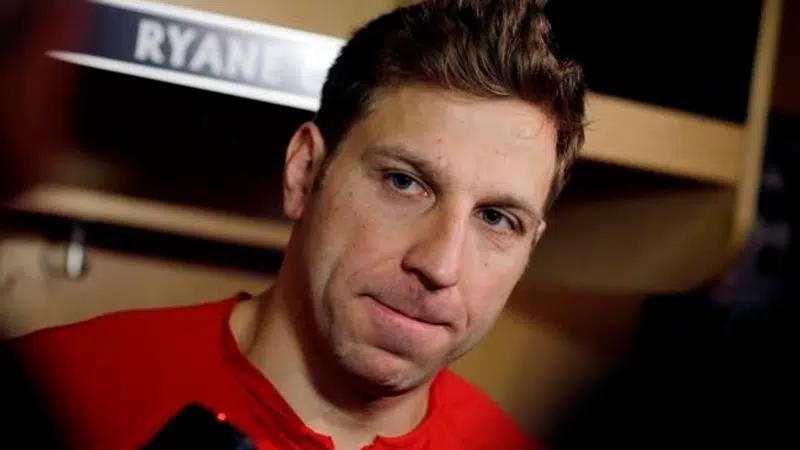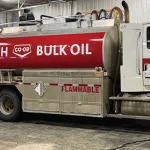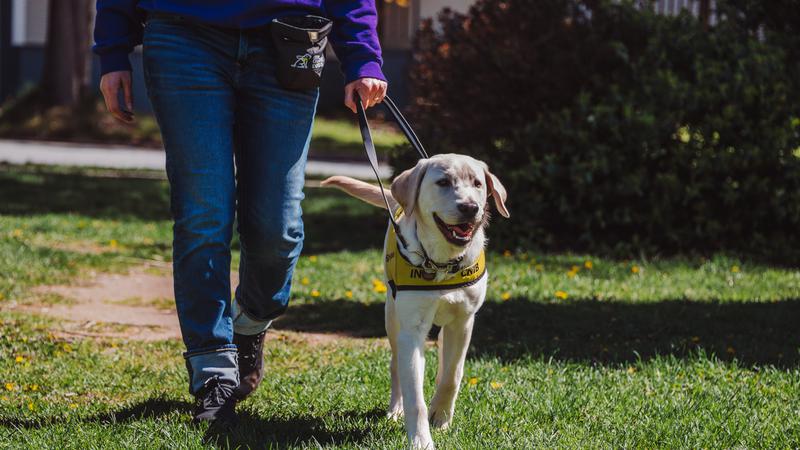
Newfoundland hockey fans will miss Growlers coach Ryane Clowe: ex-NHLer
Having Newfoundlander Ryane Clowe behind the bench of a professional hockey team in St. John’s meant everything to the local community, says former NHL forward Dan Cleary.
Cleary, who’s from Harbour Grace, N.L., said he was sad to see the 36-year-old Clowe step down as head coach of the ECHL’s Newfoundland Growlers on Thursday due to persistent concussion symptoms from his playing career.
“It just sucks for everybody involved,” he said. “It just breaks my heart to see Clowey and how it’s affecting his well being.”


